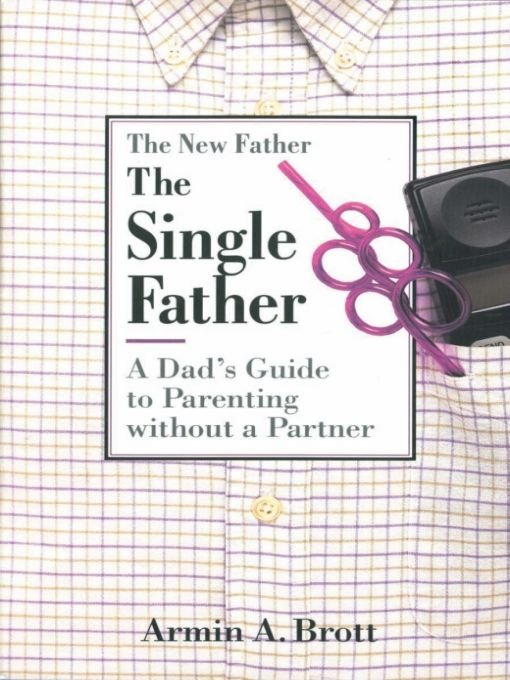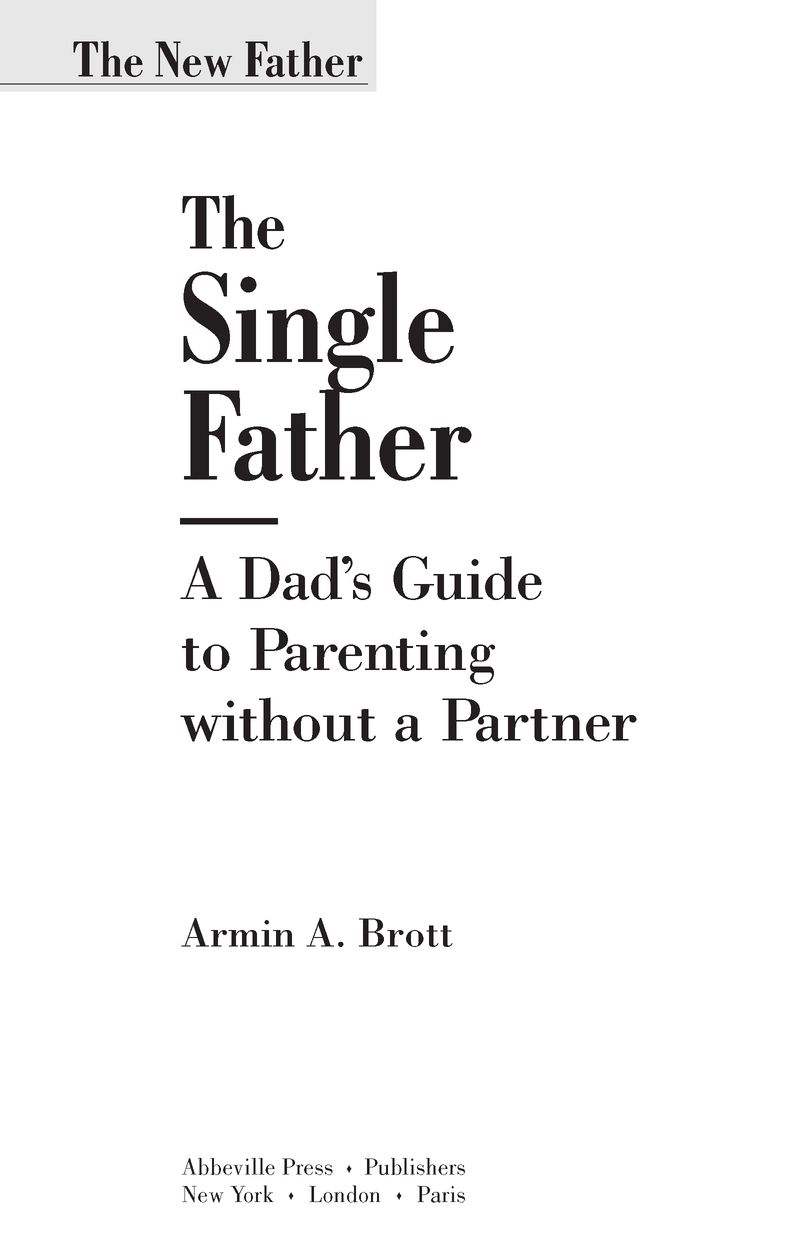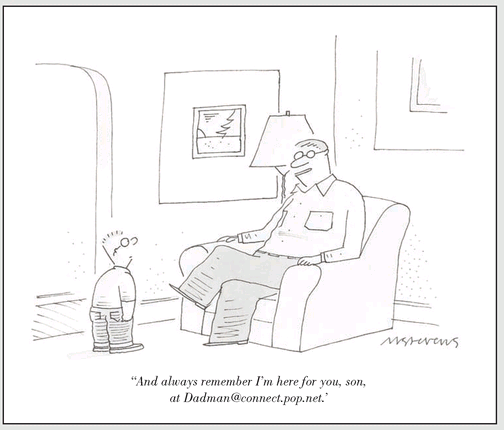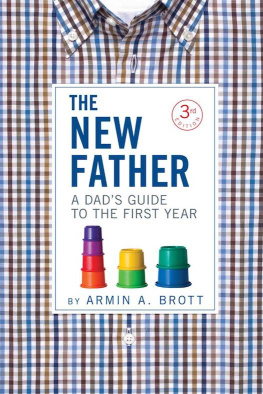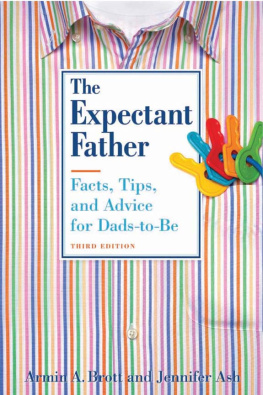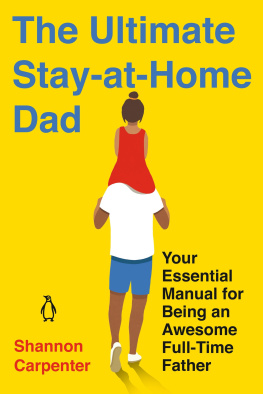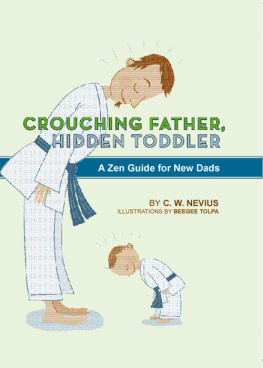Table of Contents
To Zippy the Pokadoke and Roodle Doo, who kept me sane and out of jail then, and who keep me proud and laughing now
Acknowledgments
Although theres only one name on the cover, its really amazing how many people contribute to creating a book. Id like to thank all of the following, without whose help, generosity, wisdom, advice, guidance, encouragement, prodding, and occasional silliness this volume wouldnt have been possible.
Jane Adams at Child Care Aware, for her help on the child-care selection sections; Michael Aiello, for helping with Internet Resources; Eve Aldridge, for reminding me when to tone things down a little and for adding her special perspective to the sections on new relationships; Richard Austin, Jr., for his suggestions on parental alienation and false accusations of abuse; Jimmy Boyd and Ron Henry, who for years have been sharing with me their enormous resources of information on divorced fathers and who have encouraged and supported me throughout much of my writing career; June and Gene Brott, for their continued moral and financial contributions toward my continued mental health; Marilyn Courtot, for sharing her knowledgeand her database of kids booksand adding to the childrens reading lists; Jackie Decter, my encouraging yet firm editor, who always keeps me on track; Celia Fuller, for giving us a look; Amy Handy, who once again did way more than copyedit; Charlotte Hardwick, for her book and for sharing her advice about supervised visitation; Elizabeth Hickey, for her wisdom on mediation and parenting agreements; Grace Lacoursiere, for her advice and for sharing her newsletter for widowers raising children; Mary Lamia, my dear friend, for reviewing every word in every section dealing with fathers and childrens psychology and for trying to straighten out my personal life; Jim Levine, for steering me in the right direction more than once and for getting me into all this trouble in the first place; Ro Logrippo, for her wonderful comments and suggestions on designing and setting up kids rooms; Stuart Miller, for his hospitality and friendship, as well as for his careful read and fine-tuning of the parts on child support, custody, visitation, and anything else having to do with the law; Ross Parke, for his inspiration and advice and for looking overand greatly improvingthe sections on child development, father involvement, and mens psychology; Jonathan Petruck, who helped a lot with the sections on financial planning and insurance; Jeff Porter and Eric Tyson, for their advice and guidance on just about everything having to do with money; my buddy Janice Tannin, for the tomato soup, the rice pudding, and her kitchen and cooking advice; Kelly Taylor and Charlotte Patterson, for their insight into the concerns of gay dads; and finally, to the dozens of single dads who responded to my Internet posts or let me interview them for this book, who read pieces of the manuscript, and who so willingly shared their own experiences.
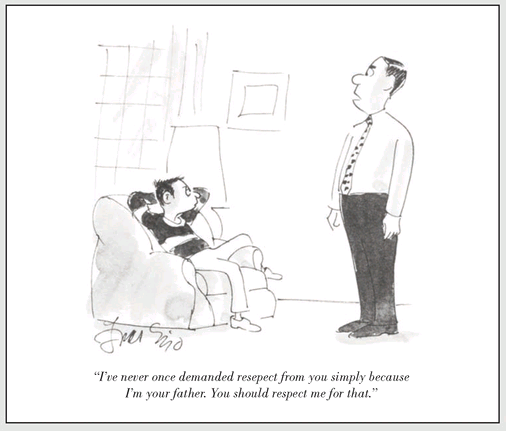
Introduction
Every year a million fathers get divorced. And every year a million men who arent married become fathers. There are also about a million gay fathers out there, as well as hundreds of thousands of widowers who have children under eighteen. Although each of these categories of fathers is quite different, they share a common bond. They are all single fathers.
Some people might argue that the phrase single father should apply only to men who are raising their children on their own, without help from the childrens mother. I disagree. As far as Im concerned, any man who has a child is a fatherno exceptions. And any man who isnt living with his childs mother is a single father.
It doesnt matter whether you were once married or never married, whether you are widowed, gay, or in the process of ending a relationship. Nor does it matter whether you have full-time custody of your children, share it equally with your former partner, or hardly get to see your kids at all. What matters is that you want to beand stayactively involved in your childrens lives any way you can. In that case, this book is for you.
As you may have already found out, though, being and staying involved with your kids is usually a lot harder for single fathers than it sounds. In divorce cases, mothers are given sole custody more than 85 percent of the time, and most fathers are left with every other weekend, alternate holidays, and a couple of weeks in the summer. Never-married men have even fewer legal rights to see their children, and gay fathers suffer widespread social and judicial discrimination. Legally speaking, widowers are the best off, but like almost all other single fathers, they endure the societal suspicion that they arent capable of taking care of their children by themselves.
In addition to these legal and societal impediments, too many single fathers who are faced with the seemingly daunting task of setting up and running a new household lack the necessary skills, experience, or social support to be as involved with their children as theyd like to be.
What This Book Is... and Is Not
The Single Father: A Dads Guide to Parenting Without a Partner is not anti-woman. Its also not about how to win a child-custody battle or how to hurt your childrens mother. Those attitudes help no one and end up taking a terrible toll on the children. If youre looking for that kind of information, youll have to try someplace else.
Instead, The Single Father is designed to help you recognize the legal, social, and practical obstacles to being an involved single father and find ways to overcome them. It will also educate youwhether youre divorced, separated, or widowedabout the emotional, psychological, practical, and social aspects of single fatherhood. Finally, it will give you the knowledge, skills, support, and other tools youll need to preserve and develop your father-child relationship and to make a difference in your childrens lives.
The time to start is now. Researchers have found that fathers who dont have much meaningful contact with their children in their first two years as single fathers probably wont have much contact at all. Being an actively involved single dad isnt going to be easy. You may feel lost, alone, helpless, and confused along the way. But it will also be joyous, educational, and uplifting. Guaranteed.
How This Book Is Organized
Although each single fathers experience is different, there are many common characteristics. Ive organized the book in a way that makes sense for most men, but feel free to skip around. The book is divided into the following major parts:
You
Losing a partner, whether you wanted to or not, is hard. It brings up more feelings and emotions than you could possibly imagine. In this part well take an in-depth look at the emotional side of becoming a single father, with a focus on understanding and coping with your feelings. Youll be a far better parent to your children if youve got a grip on your own emotions first.

